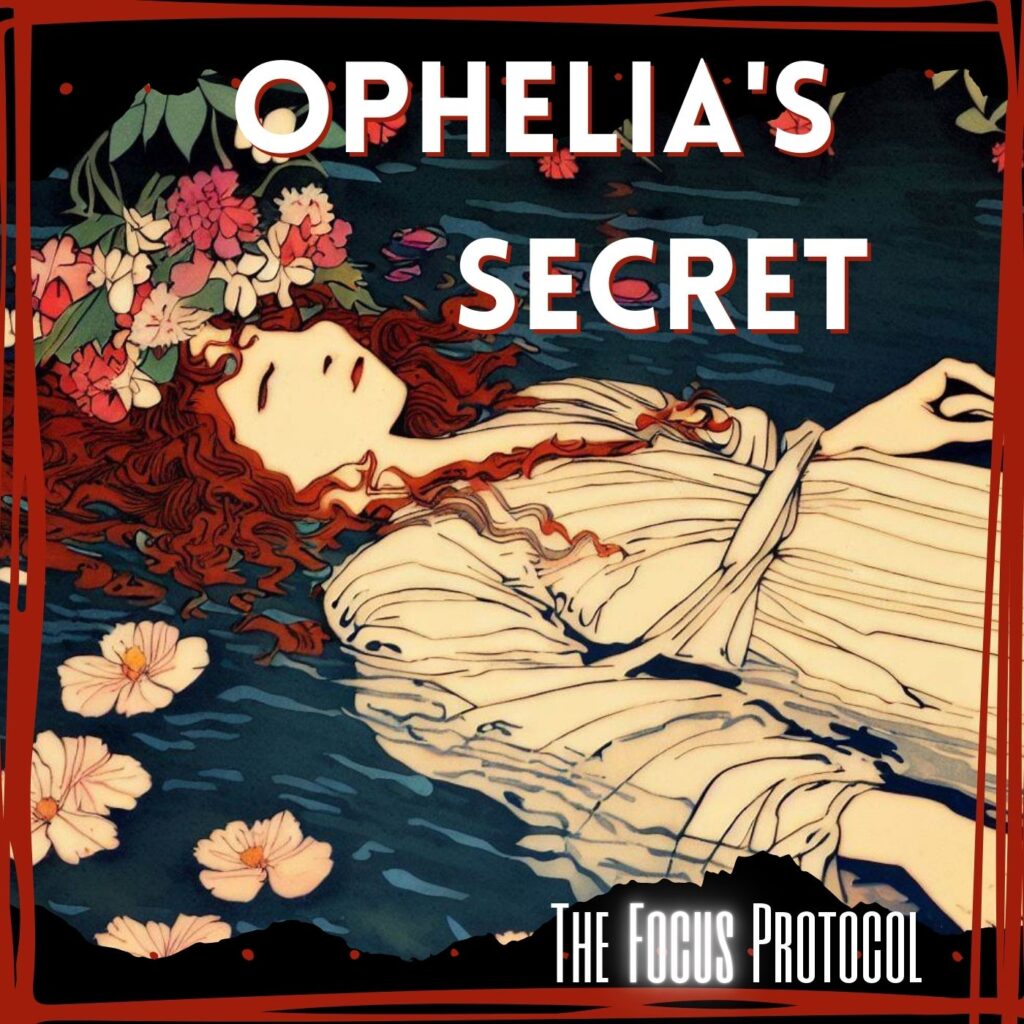The title seems very opaque and ambiguous, I’m sure (welcome to my world). “Ophelia’s secret? What secret? Ophelia who?” I hear you ask. “And what on earth do you mean by ‘agency and conceptual cohesion’?”
First things first: With apologies to non-fictional Ophelias (and any secret they might have) out there, there is only one Ophelia: Shakespeare’s Ophelia.
Ophelia is a character in William Shakespeare’s drama Hamlet (1599-1601). She is a young noblewoman of Denmark, the daughter of Polonius, sister of Laertes and potential wife of Prince Hamlet, who, due to Hamlet’s actions, ends up in a state of madness that ultimately leads to her drowning.
Wikipedia
So, what is Ophelia’s secret, and what does it have to do with agency and cohesion in art? To explore thisLike hell! Rather, I first began composing the album and then, along the way, I discovered the lessons., I composed a music album titled Ophelia’s Secret.


